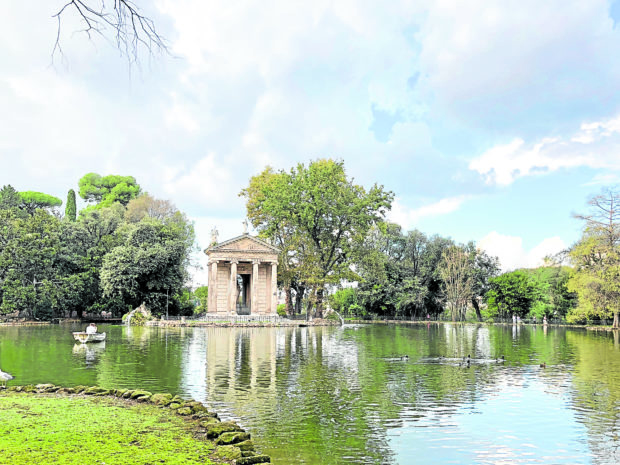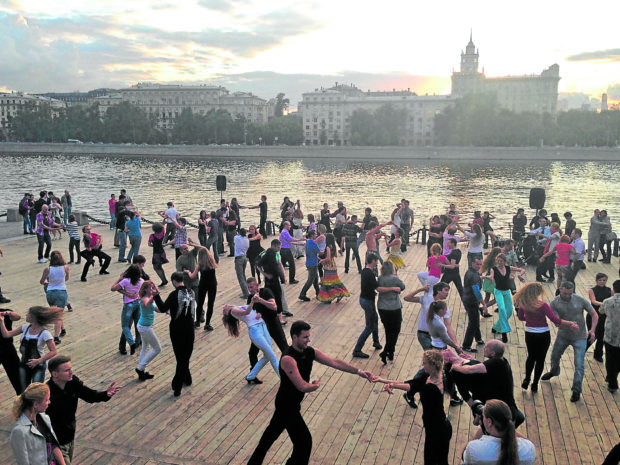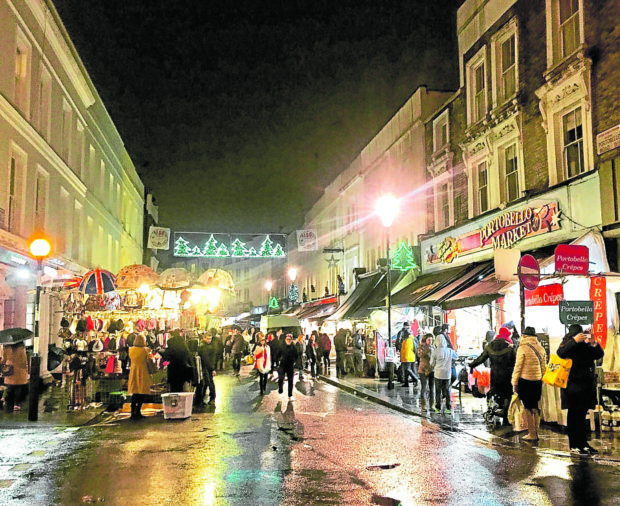The human environment
We need environments in which we can thrive. The 21st century will see homo sapiens become a predominantly urban species. Development will push almost 70 percent of the population to live in urban areas by 2050. More and more of humanity will need to find space in bigger and denser cities. The built environment that we build for ourselves will dictate how we develop and evolve as a society.
Nurture, preserve, expand
Our human environments must serve to nurture us. We must develop spaces and facilities that nurture our mind, body and spirit. We need space to grow, open fields to run in and an abundance of nature to immerse ourselves in. Our minds need to be stimulated and fed. We need access to libraries and places of learning—facilities that allow us to explore new interests and satiate our curiosity. Learning must be facilitated and become a lifelong activity.
Our health and well-being are of paramount importance. The calculus that weighs economic and social development must sway towards providing an environment that is beneficial to human life. Limited resources, primary of which is space, must not be hoarded to benefit the few but expended to serve our communities. It is almost criminal how a city with so few public parks can have such an abundance of golf courses, how each building devotes so much more space to parking for cars than for gardens and greens.
Our urban lifestyles must expand beyond a torturous cycle of working just to survive. Subsistence living traps too many urbanites into concrete cages linked by steel carriages running on barren paved roads.
Our cities must serve to expand the human experience. It must enrich our lives by providing greater diversity and freedom. Personal mobility and freedom must be prioritized. We must develop spaces and urban amenities that can allow for a depth and diversity of cultural and recreational activities. The digital realm has allowed us to expand our reach exponentially. We must not allow our physical realm to shrink and limit us in turn.
The people
Politics divides us. Government limits us. National agendas disregard us. Yet politics can also bring us together; government can lead the way; and the country can be the home that shelters us.
“Cities have the capability of providing something for everybody, only because, and only when, they are created by everybody.”—Jane Jacobs
Essentials
Our human environments are often planned to be efficient and functional. They are designed to address function and durability. If function is the rational and structure, the framework of how we build our environment, then purpose is the essence of why we build.
We must build an environment that delights us, communities that serve to enrich us. Perhaps the most important shift in modern times is the value we have placed upon design. From Apple to Tesla, the world has shown how ideas can change the world.
We need to revolutionize how we build our cities. We must redefine what are its essential components. Veer away from zoning mandates that champion the value of commercial and industrial interests. The coming decades will see increasing automation and digitalization of our work environments. We must instead focus on our living environment to ensure that our cities continue to thrive.
“What is essential is invisible to the eye.”—Antoine de Saint-Exupery



